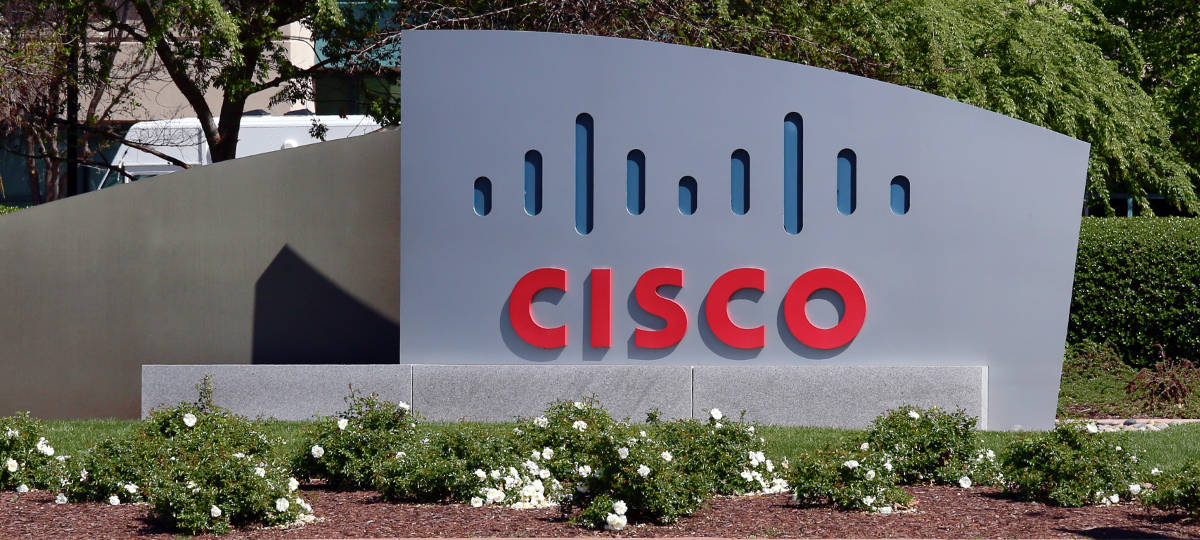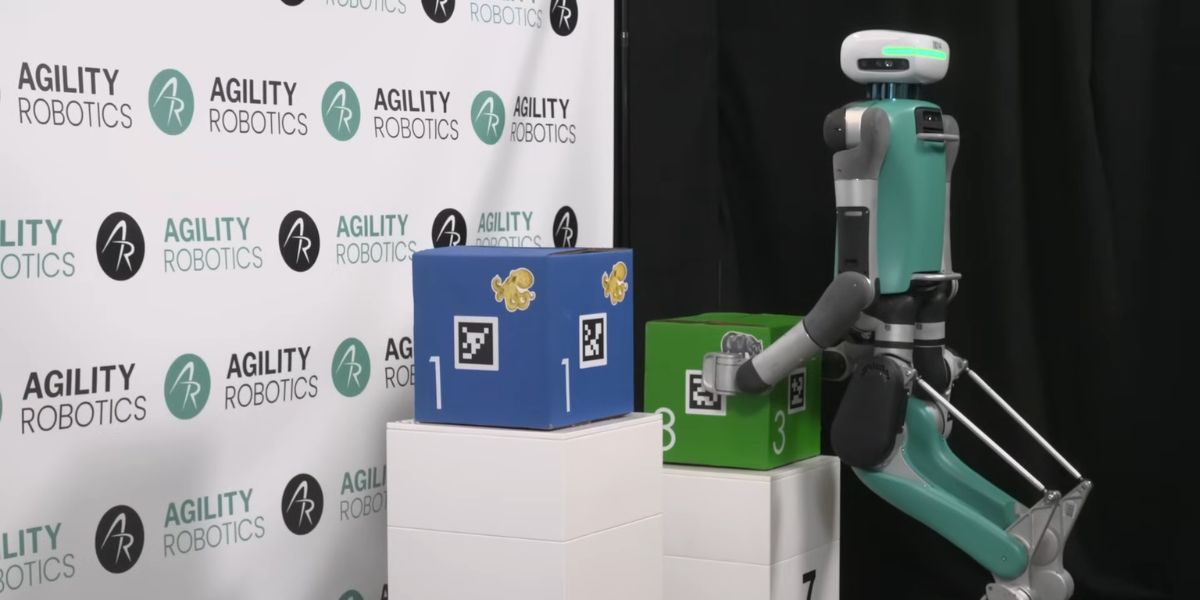MEF is pleased to announce that Cisco and Amartus are co-leading work on the new OpenCS (Open Connectivity Services) Packet WAN Use Case that is part of MEF’s Open Initiative to accelerate the industry transition to agile, assured, and orchestrated Third Network services. MEF’s open projects are advancing development of Third Network services based on LSO (Lifecycle Service Orchestration), SDN, and NFV encapsulated in OpenCS use cases and OpenLSO scenarios.
Different groups of MEF members are working on multiple OpenCS use case instances that represent the services under the control of a specific network operator but which are orchestrated as part of a federated system initiated by a Third Network service provider. Within the OpenCS ecosystem, companies are developing and testing reference designs of MEF-defined L1-L7 services using combinations of open and closed source software, open specification and commercial hardware (e.g. Carrier Ethernet 2.0 certified devices), SDN, and NFV via MEF’s LSO Presto Network Resources Provisioning (NRP) APIs.
The OpenCS Packet WAN project will deliver a multi-vendor enabled reference design that includes the Presto NRP API using an OpenDaylight (ODL) SDN controller as a platform. In addition, the project involves OpenDaylight plug-ins defined in the ODL UNI Manager project. The OpenCS Packet WAN project team will provide frequent feedback about the use cases, information models, and operations required for MEF network resource models to the MEF NRP project team and coordinate MEF contributions to the ODL community.
Cisco, Amartus, and other members of the OpenCS Packet WAN project team who participated in MEF’s recent Euro16 LSO Hackathon already have illustrated how CE 2.0 services can be orchestrated using an ODL SDN controller in combination with CE networking devices provided by Cisco. The team provided valuable input for continued development of Presto NRP APIs as well as code contributions and recommendations for the ODL community. See MEF’s Euro16 LSO Hackathon Report for more information.
“We are delighted to have the support of Cisco and Amartus for MEF’s OpenCS Packet WAN Use Case that will help drive industry innovation,” said Pascal Menezes, CTO, MEF. “We especially want to thank Donald Hunter, Principal Engineer, Cisco and Bartosz Michalik, Technical Architect, Amartus for co-leading this important project.”
“We’re pleased that the MEF has selected Bartosz to co-lead this project,” said Marcin Paszkiewicz, CEO of Amartus. “Bartosz has contributed to the development of the LSO Presto API from the very outset, having participated in both of the MEF LSO Hackathons that have taken place to date, and I have no doubt that he’ll be highly successful in this project.”
“Cisco is proud of the success and impact of the LSO Hackathons,” said Charles Eckel, Developer Evangelist, Cisco DevNet. “Cisco worked closely with MEF leadership to introduce the Hackathons into MEF to increase the emphasis on running code and speed the definition and adoption of MEF’s LSO architecture. These Hackathons were the catalyst for creating OpenLSO and OpenCS, and the growing set of projects within them. MEF’s OpenCS Packet WAN Use Case emerged from work at previous LSO Hackathons, and Cisco is happy to have Donald Hunter continue to guide and contribute to this project. MEF’s Third Network vision and the LSO architecture used to realize it require multi-vendor collaboration. The OpenDaylight open source project and the OpenCS Packet WAN Use Case embody this multi-vendor spirit, and Cisco is happy to continue to work closely with Amartus and several other industry peers to drive these efforts forward.”
—
Photo © Ken Wolter via Shutterstock
About the MEF















